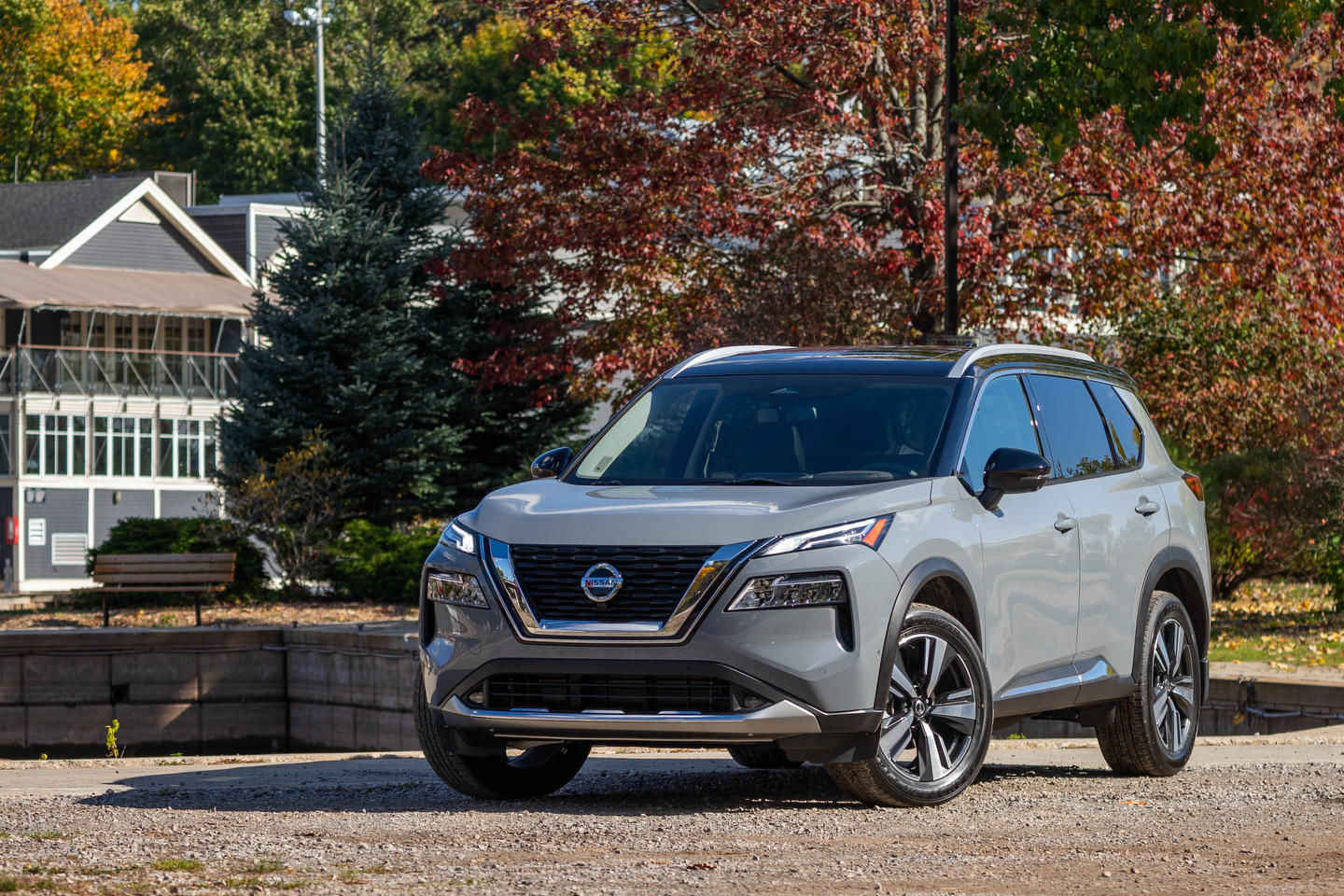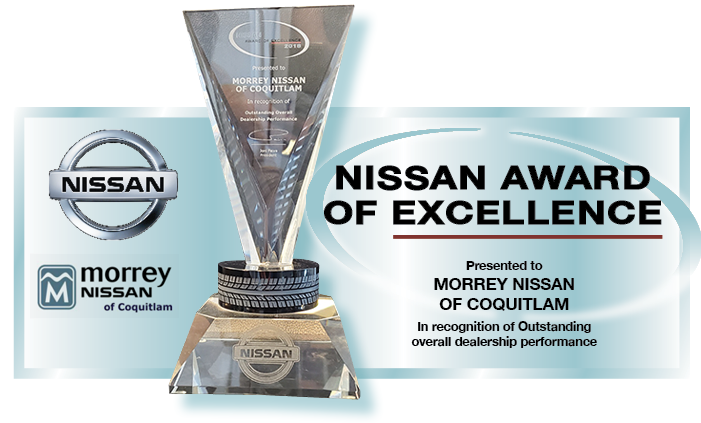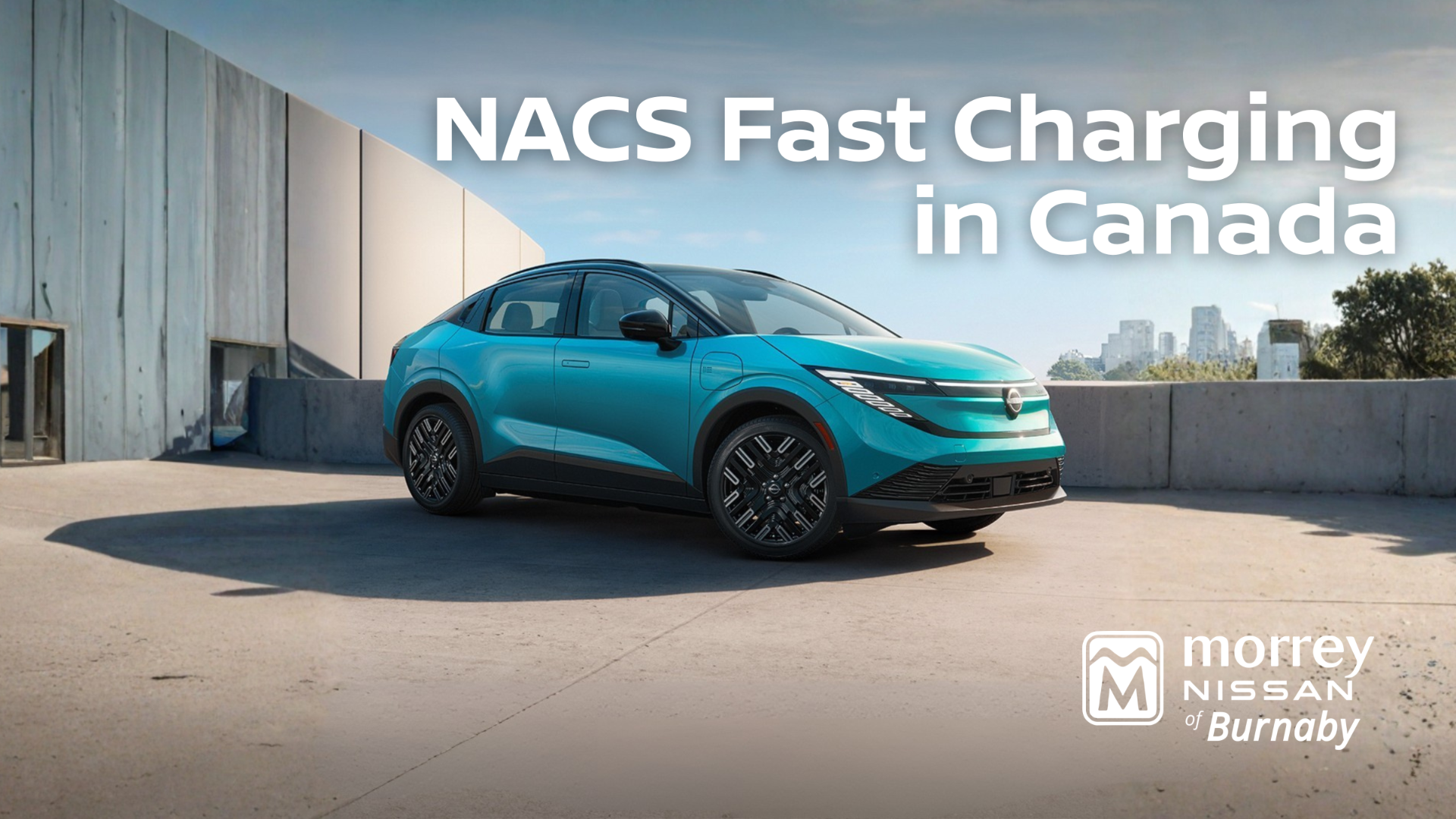Why should you sell or trade-in your vehicle to a dealership?
June 03 2022,

The trade-in is one of the most polarizing aspects of the car buying process. Let's be honest and get it out of the way right away: Nobody is happy with the value they receive for their trade-in. But does that mean that you shouldn't trade-in your vehicle to a dealership when you are buying a new vehicle? In actuality, there are a lot of elements to consider.
But first, let's look at why you receive less money on paper from the dealership.
Book value versus market value
When you sell your vehicle yourself, you are getting market value. When you sell the vehicle to a dealership, you are getting book value. The book value is less than the market value because the dealership has to plan for the costs of preparing the vehicle to be sold, selling the vehicle, and of course turning a profit. That's why the book value and the market value differ but they are also not absolute. The market value for your vehicle will fluctuate as will the book value because some dealerships might be more interested than others in your particular vehicle and they may give you more or less based on that interest.
The tax implications of trading in your vehicle versus selling it yourself
Just because you are getting less when you trade in your vehicle does not mean that selling your vehicle to a dealership is a bad idea. As a matter of fact, when you consider the tax implications, it can actually be beneficial.
You see, the value of your trade-in is applied before taxes are applied to the price of your vehicle. When you sell your vehicle yourself, whatever money that you receive that you decide to put towards your vehicle will be applied after taxes are added.
Let's say for example that you received $13,000 from the dealership for your vehicle while its market value is $15,000. And, let's say that you are buying a $30,000 vehicle. If you were to take the $13,000 from the dealership, the cost of the vehicle would be $17,000 plus tax which works out to around $19,550 If you take the $15,000 that you can get from the market and then you apply it to your vehicle, the actual value comes out to just around $19,500. The difference between the book value and the market value can be wider, but you see that it is not as significant as it first appears to be. And then there’s the other elements to consider including the costs and difficulties of selling your vehicle yourself.
Selling your vehicle yourself involves a lot of work and there are costs associated with showcasing your vehicle. In other words, it isn't as easy as we may think it is isn't as quick. Moreover, if there is a problem with your vehicle that you did not know and that it breaks down after you have sold it, you could have some problems with your buyer.
For all of these reasons and more, it is sometimes a lot more advantageous to trade your vehicle as opposed to selling it on the market. It is certainly worth having a look at how much the dealership is willing to give you and seeing if you can't get a great offer. Give us a call today to learn more.












